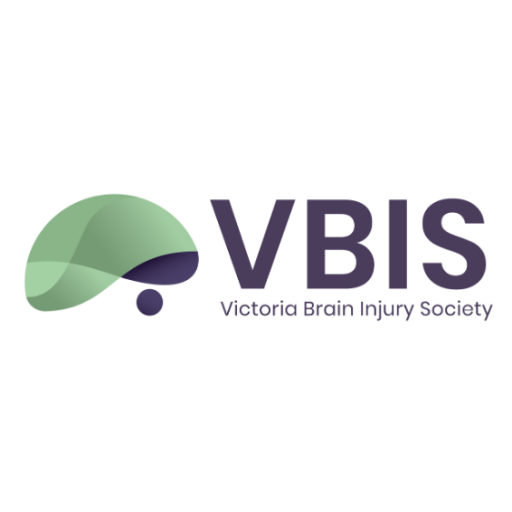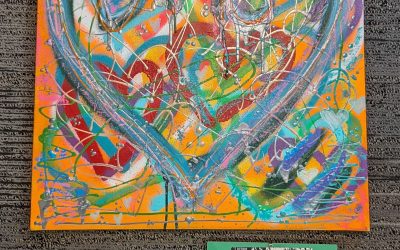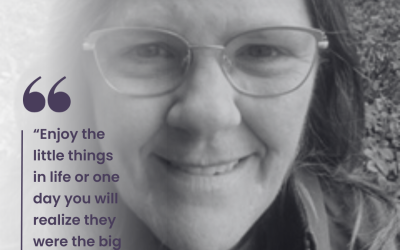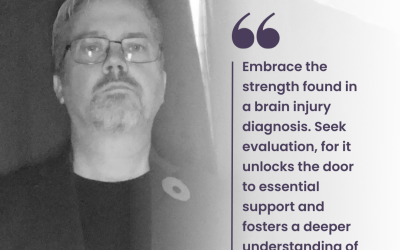Meet Chris, a remarkable client who has been an integral part of VBIS for over 12 years. His incredible journey with brain injury began like many others, with a lack of understanding about how it would impact his life. In fact, before discovering VBIS services, Chris had no clear grasp of what brain injury truly entailed.
Chris first learned about VBIS over a decade ago, through an encounter with a neighbor and fellow brain injury survivor who mentioned the transformative effects the organization had had on their life. Intrigued, Chris quickly signed up for a client intake and was introduced to the multitude of rehabilitative programs offered by VBIS.
Throughout his life, Chris has suffered various brain injuries including a post-birth infection and several concussions. These injuries were later exacerbated by alcohol use, leading to recurring hospital visits and even facial reconstruction surgery. Despite the extent of Chris’ condition, he received little to no education on the nature of his trauma or the symptoms of brain injury. It wasn’t until Chris attended Acquired Brain Injury 101, a crucial VBIS program, that he began to understand how his injuries and cognitive deterioration may be connected.
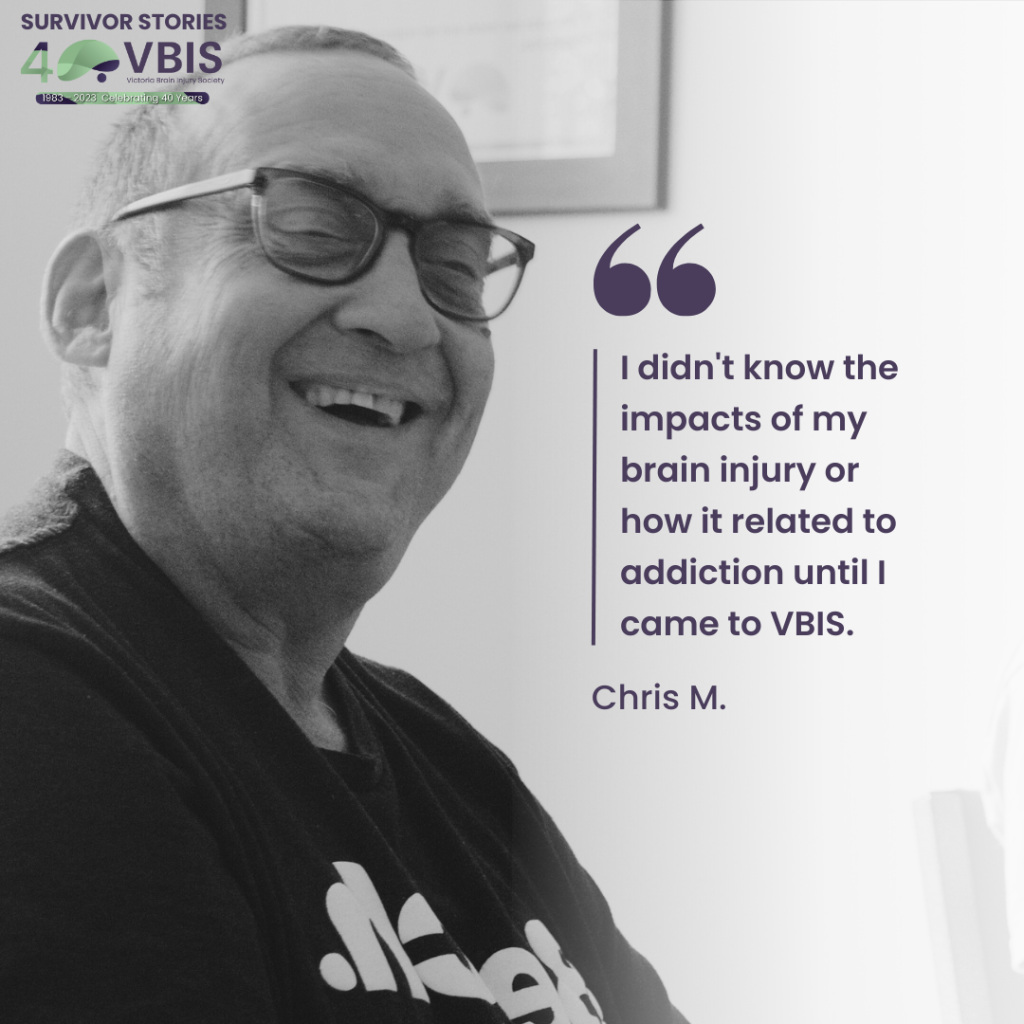
Through VBIS programs, Chris has been granted the opportunity to share details of his journey with peers and similarly affected individuals. The social support and confidence he gained through this process was integral to his recovery and allowed him to take a life-changing step towards sobriety 11 years ago.
With a steadfast commitment to recovery and understanding, Chris actively participates in multiple programs at VBIS, playing a vital role in the organization. One of the defining moments in his journey was the empowering 24-week course: Coping Strategies, which equipped him with the knowledge and tools needed to challenge negative thoughts and embrace self-acceptance. The A.C.E (Addiction, Choices and Education) program that VBIS ran pre-pandemic was also instrumental in breaking free from his dependence on alcohol.
Though Chris has managed to develop coping strategies and find happiness in his life, he still grapples with the stigma surrounding brain injury. Explaining the connection between brain injury and mental health has been particularly challenging for him. Astonishingly, up to 77% of traumatic brain injury survivors experience mental health diagnosis in the year following injury, with many experiencing anxiety, mood, and substance use disorders (Kureshi, Clarke, & Feng, 2023). The invisibility of brain injury often leads to a lack of understanding from those around him, forcing him to repeatedly emphasize these overlaps.
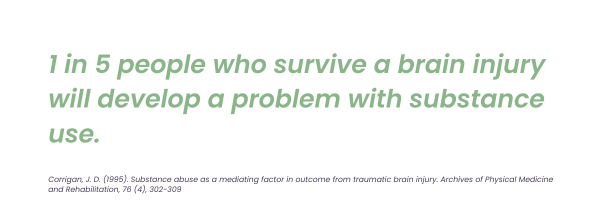
Since discovering VBIS and accessing our services, Chris has undergone a complete transformation. Through acceptance and growth, he now views life as full of opportunities for enrichment and growth. Meaningful friendships have become invaluable, and he has learned not to judge people solely based on appearances, as not everything is visible to the naked eye. Chris’s remarkable journey reminds us of the power of resilience and the importance of supporting one another on our paths to recovery and fulfillment.
To support the programs that helped Chris:
Kureshi, N., Clarke, D.B. & Feng, C. (2023). Association between traumatic brain injury and mental health care utilization: Evidence from the Canadian Community Health Survey. Inj. Epidemiol. 10 (16). https://doi.org/10.1186/s40621-023-00424-x
Ohio Valley Center for Brain Injury Prevention and Rehabilitation. (2018, August 15). Substance abuse and traumatic brain injury. BrainLine. https://www.brainline.org/article/substance-abuse-and-traumatic-brain-injury#:~:text=In%20addition%20to%20the%20large,Corrigan%20et%20al.%2C%201995%3B (Substance Abuse and Traumatic Brain Injury | BrainLine)
